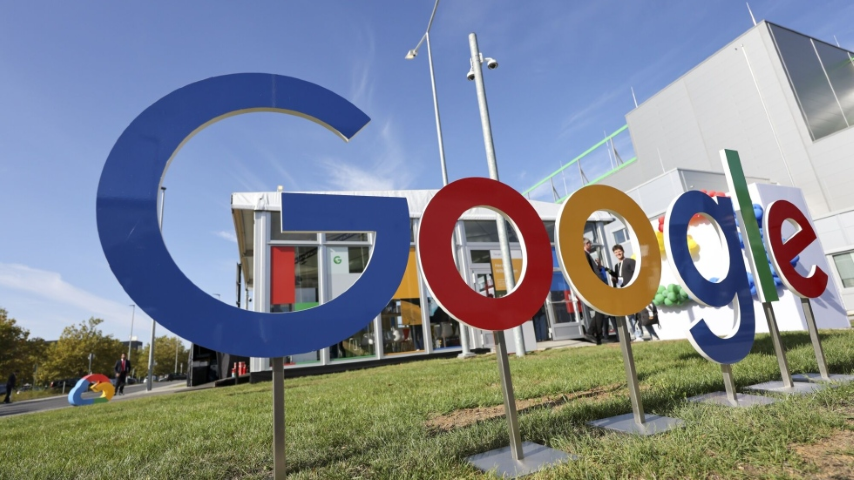
Alphabet settles for $700M, adjusts Google Play rules due to antitrust scrutiny, aiming to ease app market competition & payment practices. (BNN Bloomberg)
Alphabet Inc., the parent company of Google, has reached a resolution in a legal battle over allegations of monopolistic practices in the Android mobile applications market. As part of the settlement disclosed in a recent court filing, Alphabet will pay $700 million and modify its Google Play Store policies to address claims of unfair dominance. This move comes in response to antitrust complaints brought forward by attorneys general from approximately 36 states, as well as concerns raised by consumers.
The agreement outlined in the court document stipulates alterations to Google Play Store policies, specifically aimed at reducing obstacles to competition within the realms of app distribution and payment processing. These lawsuits, consolidated in a federal court in California, posed a substantial threat to the considerable revenue generated by app sales and distribution through the Google Play platform.
Google's Vice President for Government Affairs and Public Policy, Wilson White, emphasized that this settlement builds upon the principles of choice and flexibility within the Android ecosystem while preserving stringent security measures. White highlighted the company's commitment to continued investments in the Android platform, benefiting both users and developers.
However, Google faces mounting antitrust challenges both domestically and internationally. Apart from this settlement, the U.S. Justice Department is pursuing a case alleging illegal monopolization concerning search and advertising. Additionally, efforts are underway to dismantle Google's ad technology business, as urged by European Union competition chief Margrethe Vestager.
This recent settlement follows a jury ruling in San Francisco favoring Epic Games Inc. in a case related to Google Play's app distribution policies and fees. US District Judge James Donato will oversee the forthcoming decisions on restructuring Google's Play Store rules.
The terms of the settlement include various changes to Google's app market policies. Notably, for at least five years, Google is prohibited from mandating mobile device manufacturers to exclusively feature the Play Store on their products' home screens. Additionally, Google must simplify the process for users to install apps from sources outside the Play Store, aiming to reduce complexities and security warnings encountered by consumers attempting such installations.
Furthermore, the settlement extends certain developer privileges, such as offering alternative payment options alongside Google Play's billing system and allowing developers to guide users toward external purchase methods for apps. Nevertheless, the agreement grants Google the authority to restrict external links to payment systems within apps.
As part of the settlement terms, a common fund of $630 million is designated to benefit consumers, along with a $70 million fund allocated for state claims involving penalties and restitution.
However, critics, including Epic's Vice President of Public Policy Corie Wright, have expressed dissatisfaction with the settlement, asserting that it fails to provide adequate relief for consumers or developers. Wright highlighted concerns about Google's fees and its impact on digital goods, expressing disappointment in the comparatively smaller settlement amount compared to the initially sought antitrust damages.
The attorneys general, in their 2021 complaint, accused Google of employing unfair tactics that hindered competition and compelled developers to exclusively use the Play Store. Additionally, a separate class action representing nearly 21 million consumers accused Google of inflating app prices through its commission structure.
Alphabet had also settled claims with Match Group Inc. before the trial involving Epic Games commenced in November in San Francisco.















